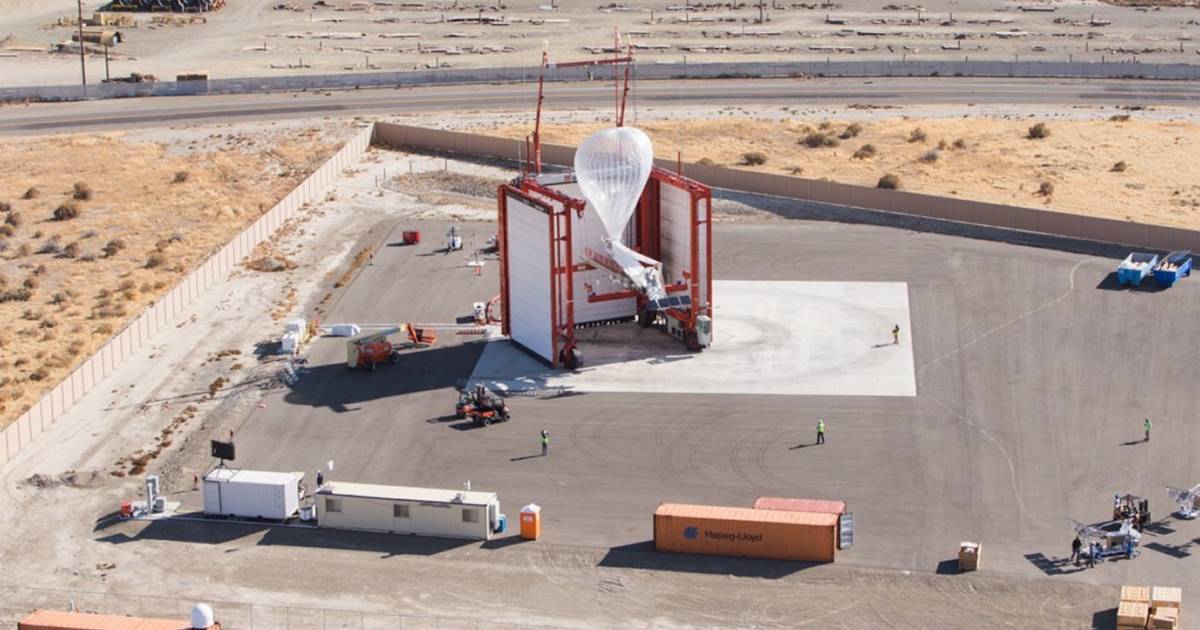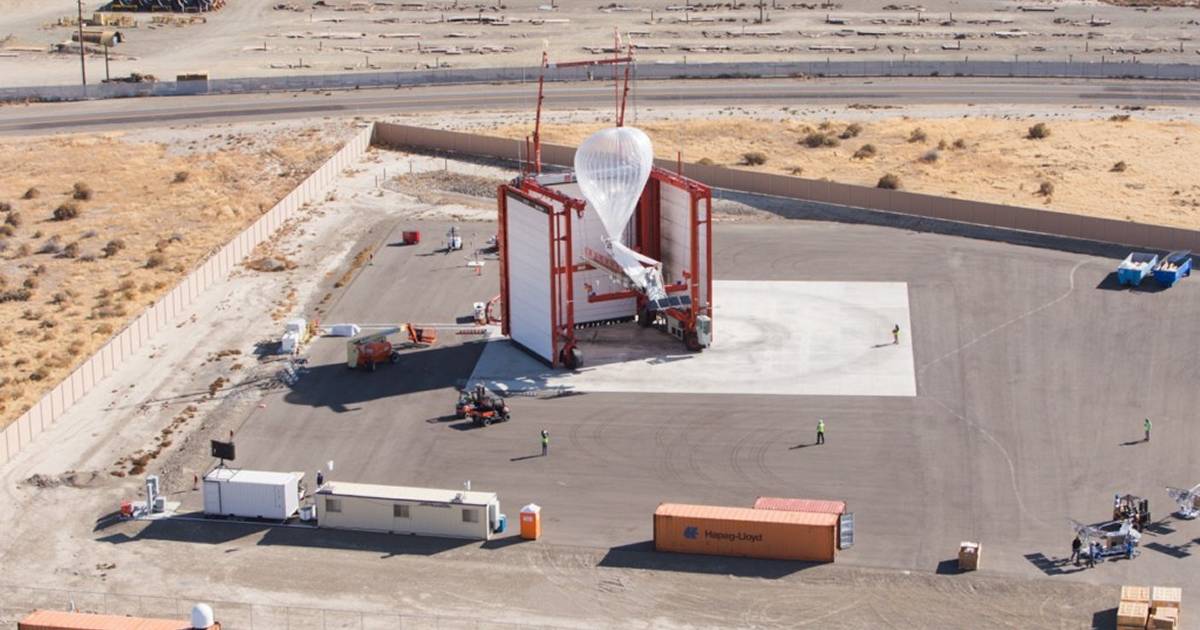A "UFO" that landed in a jungle in the Democratic Republic of Congo turned out to be another Loon balloon.
Project Loon is using a fleet of balloons to create an aerial wireless network capable of delivering broadband connectivity to users on the ground in rural and remote areas. The balloons carry solar panels that charge on-board battery powered communications equipment.

Nature and new(ish) technology being what it is, the balloons don't always follow the plan. There have been balloon crashes in a number of countries including Sri Lanka, the USA, South Africa and New Zealand.
The most recent "crash" - or controlled descent as Loon claims - occurred in the tropical forest of DRC's Bas-Uele province. According to this report on NASDAQ.com, the event created quite a stir among locals and security services were called in. It seems the security guys didn't get the memo as Loon says it had coordinated the landing with local air traffic control officials and also gained the blessing of the civil aviation authority.
While those sent in by Loon to retrieve the company's equipment were initially detained by security services, everything worked out in the end.
While on the topic of UFOs and Loon balloons, back in June we heard of a sighting in Japan of a "mysterious UFO" that apparently had solar panels beneath it. While the balloon and payload arrangement looked different, we reached out to Loon to ask if this craft could possibly be one of theirs. Two months later, the company finally replied with a response that had absolutely nothing to do with the question - so the mystery remains.
Project Loon has formally been active since 2013, but its roots go back to 2008. Originally part of Google's secretive X, it became a subsidiary of Google parent company Alphabet in its own right in 2018.
News from Project Loon is usually pretty thin - but the latest update in July detailed its efforts in Kenya, where Loon has an initial service region spanning nearly 50,000 square kilometers. The company said field testing indicated upload speed of 4.74Mpbs and download speed of 18.9Mbps. While that couldn't be considered blistering-fast by conventional standards, for those on the ground it is probably pretty exciting to have the service.
Project Loon is going to see a lot of competition from other providers such as SpaceX's Starlink service and Amazon's Project Kuiper. SpaceX and Amazon aren't using balloons, but constellations of small satellites to deliver connectivity, and both have their sights set on providing broadband services across the planet. Between broadband balloons and thousands of satellites floating about the place, the skies above us will be getting a little more crowded.



